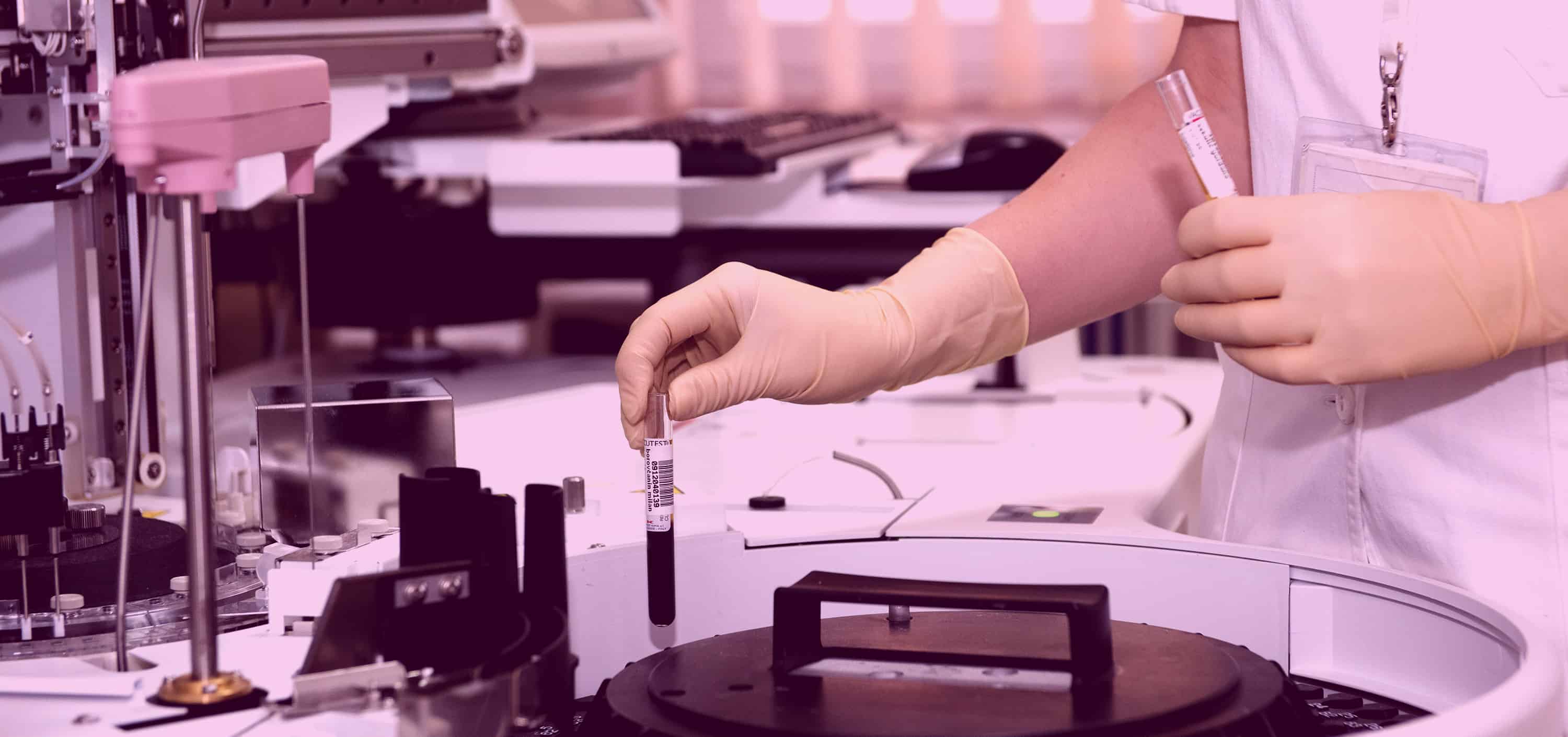Guest post: Why is clinical research so important?
In this post, Dr Fiona O’Neill, educator on Improving Healthcare Through Clinical Research, explains why getting to grips with clinical research is so vital, not just for healthcare workers, but for everyone.
In this post, Fiona O’Neill, educator on Improving Healthcare Through Clinical Research and academic at the NHS National Institute for Health Research, explains why getting to grips with clinical research is so vital, not just for healthcare workers, but for everyone.

If our understanding of medicine was perfect, there would be no need for research. If no new diseases, like Ebola or Zika, ever emerged, we could dispense with the need for discovery. If we could prevent or cure all cancers, all infections, all diseases such as diabetes, MS and dementia we could consign science to the history books. But everyone knows that this is a dream as yet unfulfilled.
Although we have come a very long way in improving healthcare, the simple fact is there is still much to be done and understood — and there always will be. Diseases change, the characteristics and susceptibilities of the population alter and even treatments that once could be relied upon, no longer work.
For healthcare to be better tomorrow, or even just as good as it is today, we need to keep moving forward and the engine that powers that momentum is clinical research — a process of finding new knowledge and understanding about health and disease that involves people.
Research involving people is thus at the very heart of modern medicine. For this to happen, however, we continually need new, committed researchers and new willing research participants. There are many misconceptions about how modern clinical research is conducted and any serious attempt to grow and develop this aspect of medicine must address these through the provision of high quality and accessible educational opportunities.
Those in healthcare or contemplating such a career need to be informed and inspired to take part in research, while those we hope will volunteer to take part in research studies need to be fully research aware and to understand the vital importance of their role and how they fit into the research process.
Like all scientific endeavor, clinical research is difficult and it is made even more so because we are working with people — volunteers who must be respected at all times as individuals with rights and with dignity. For these reasons, clinical research is highly regulated — just as it should be. But, of course this makes the whole process even more challenging. As well as dealing with scientific questions, we also often have to deal with moral dilemmas.
The prize at the end is, however, more than worth the effort. As diseases that were once incurable begin to yield to treatment and as suffering that once went unrelieved becomes at first manageable and then a thing of the past, we can see the fruits of clinical research. The improvements in healthcare that research bring belong to everyone, and ultimately we all benefit from research.
This means that clinical research is truly everybody’s business and everyone needs to know how it works and, if appropriate, how they can contribute.
If you want to get an introduction to clinical research, and learn about this exciting field of discovery, join Fiona today on the free online course Improving Healthcare through Clinical Research.




